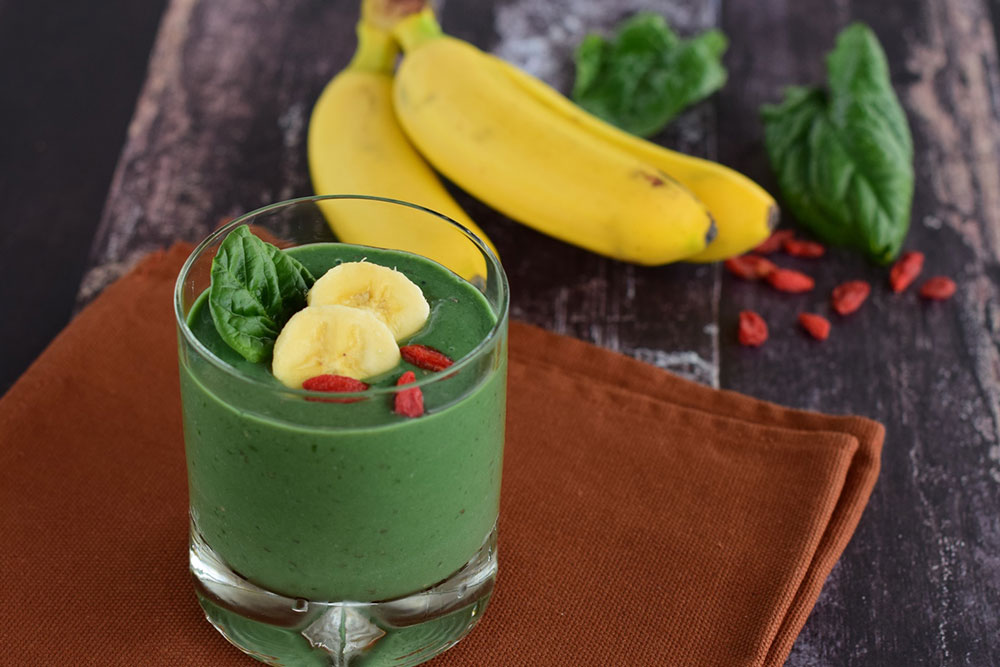The Essential Guide: 7 Foods to Avoid for Preventing Gout Flare-Ups and Maintaining Joint Health
This comprehensive guide discusses the top seven foods to avoid for preventing gout flare-ups. It emphasizes the importance of dietary modifications, highlighting high-purine foods like certain fish, organ meats, and alcohol that contribute to elevated uric acid levels. The article offers practical tips for managing gout through diet, hydration, and lifestyle changes, helping sufferers reduce joint pain and prevent future attacks. With detailed insights into each food category and its impact, readers can make informed dietary choices for better joint health and gout control.

Comprehensive List of the Top 7 Foods to Steer Clear of to Prevent Gout Attacks and Promote Joint Wellness
Gout is a notoriously painful form of inflammatory arthritis characterized by sudden and intense joint pain, swelling, redness, and warmth. It occurs when excess uric acid in the blood crystallizes and deposits around joints, causing severe flare-ups that can significantly impair daily activities. Understanding how diet influences uric acid levels is crucial for anyone looking to prevent gout attacks and maintain optimal joint health. This article explores the top seven foods that are known to elevate uric acid levels and trigger gout episodes, offering insights into dietary modifications that can help manage this condition effectively.
Understanding Gout and Its Dietary Connection
Gout is caused primarily by hyperuricemia—or elevated uric acid—resulting from the body's inability to efficiently eliminate uric acid through the kidneys. This excess uric acid forms sharp crystals that lodge into joints, especially the big toe, but also the ankles, knees, elbows, and wrists, leading to sudden, intense pain. Managing uric acid levels through diet and lifestyle is fundamental for controlling gout symptoms. While medication can help, dietary choices play a pivotal role in reducing frequency and severity of flare-ups.
Key Principles of a Gout-Friendly Diet
Adopting a diet that minimizes purine-rich foods is essential for preventing uric acid buildup. Staying well-hydrated, limiting alcohol intake, and maintaining a healthy weight also support effective management. It's important to note that not all purine-rich foods are equally problematic—some can be enjoyed in moderation, but others should be skipped altogether during active gout episodes.
Foods to Strictly Avoid with Gout Symptoms
Consuming high-purine foods can significantly raise uric acid levels, thereby increasing the risk of gout attacks. The following foods are particularly notorious for triggering flares and should be eliminated from your diet if you have a history of gout or are at risk.
1. Certain Fish and Seafood
Fish such as salmon, herring, sardines, tuna, mackerel, carp, trout, anchovies, and cod are rich sources of purines. While some people can tolerate small amounts, frequent consumption can lead to elevated uric acid levels and precipitate gout attacks. Freshwater fish tend to contain higher purines, so moderation is key. Opting for lower-purine alternatives like tilapia or certain whitefish may be safer for gout management.
2. Alcoholic Beverages
Alcohol, especially beer, is a major trigger for gout. Beer contains numerous purines derived from brewer’s yeast and other ingredients, directly contributing to increased uric acid levels. Moreover, alcohol impairs kidney function, reducing uric acid excretion. Studies suggest that even moderate beer intake raises the risk of gout flares by up to 50%. Spirits and wine have a less pronounced effect but should still be consumed in moderation or avoided entirely during gout episodes.
3. Organ Meats and Offal
The liver, kidneys, spleen, brain, tongue, and lungs are among the highest purine foods, making them particularly problematic for gout sufferers. These organ meats have extremely high purine concentrations, and their consumption can precipitate severe gout attacks. It's advisable to eliminate or significantly reduce intake of these foods to keep uric acid levels in check.
4. Red Meat
Beef cuts such as ribs, chuck, and fillet have moderate to high purine content. While occasional consumption might be permissible depending on individual tolerance, regular intake can elevate the risk of attacks. Pork and lamb contain similar purines but are often slightly lower in comparison. Choosing leaner cuts and limiting serving sizes can help manage gout symptoms.
5. Sugary and Sweetened Beverages
Fruit drinks, sodas, and energy drinks sweetened with high fructose corn syrup are linked to increased uric acid production. Fructose metabolizes into uric acid, raising its levels in the bloodstream. Although these drinks do not contain purines, their high sugar content has been associated with a higher risk of gout. Replacing sugary drinks with water, herbal tea, or natural fruit juices in moderation is recommended.
6. Certain Fruits
Fresh fruits like apples, oranges, watermelons, and raw dates contain varying levels of purines. While fruits are generally considered healthy and beneficial for gout management due to their antioxidants, those prone to gout should monitor their intake of high-purine fruits. Consuming these fruits in moderation along with proper hydration can help prevent flare-ups.
7. Fried and Fried-Style Foods
Foods cooked in excessive oil, such as fried chicken, French fries, and fried snacks, contribute to weight gain and inflammation, which can exacerbate gout symptoms. Trans fats and greasy foods promote systemic inflammation, increasing the likelihood of joint pain and swelling. For gout management, opting for baked, steamed, or grilled preparations is a much healthier choice.
In addition to avoiding these foods, adopting a balanced diet rich in low-purine options, maintaining a healthy weight, staying adequately hydrated, and avoiding excessive alcohol can significantly reduce the frequency and severity of gout flare-ups. Consultation with a healthcare professional or dietitian can provide personalized guidance and ensure optimal disease management.





